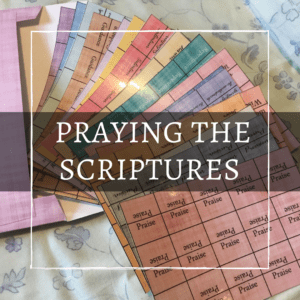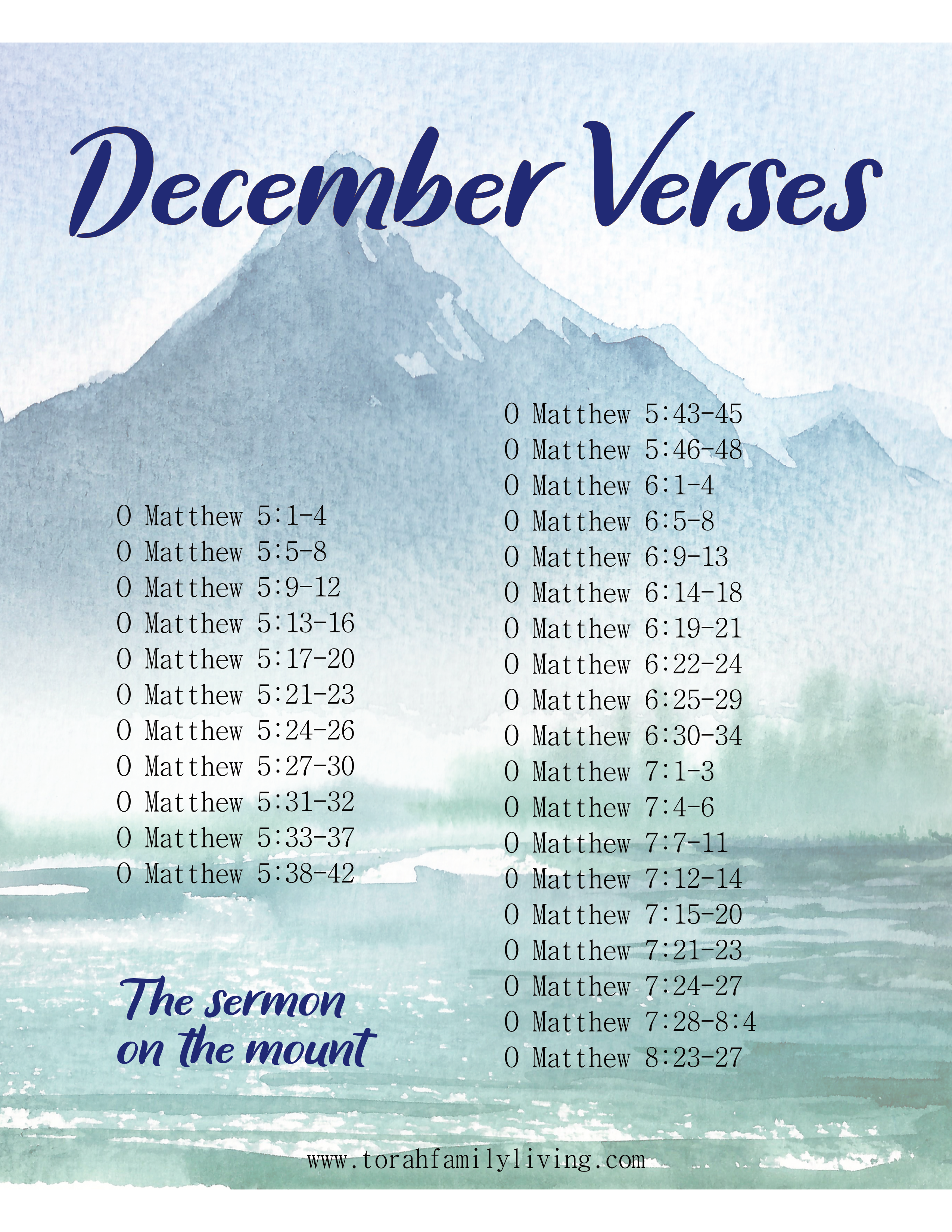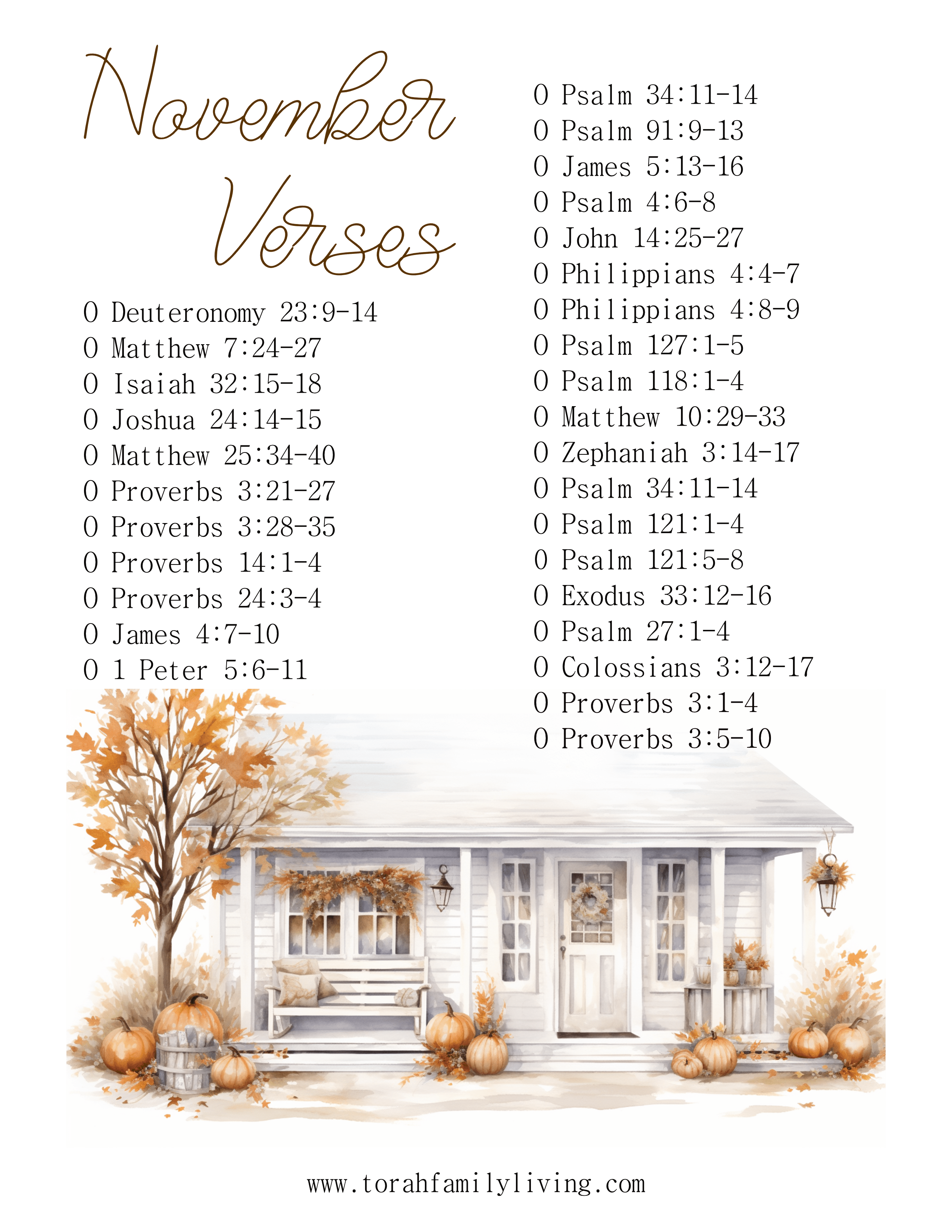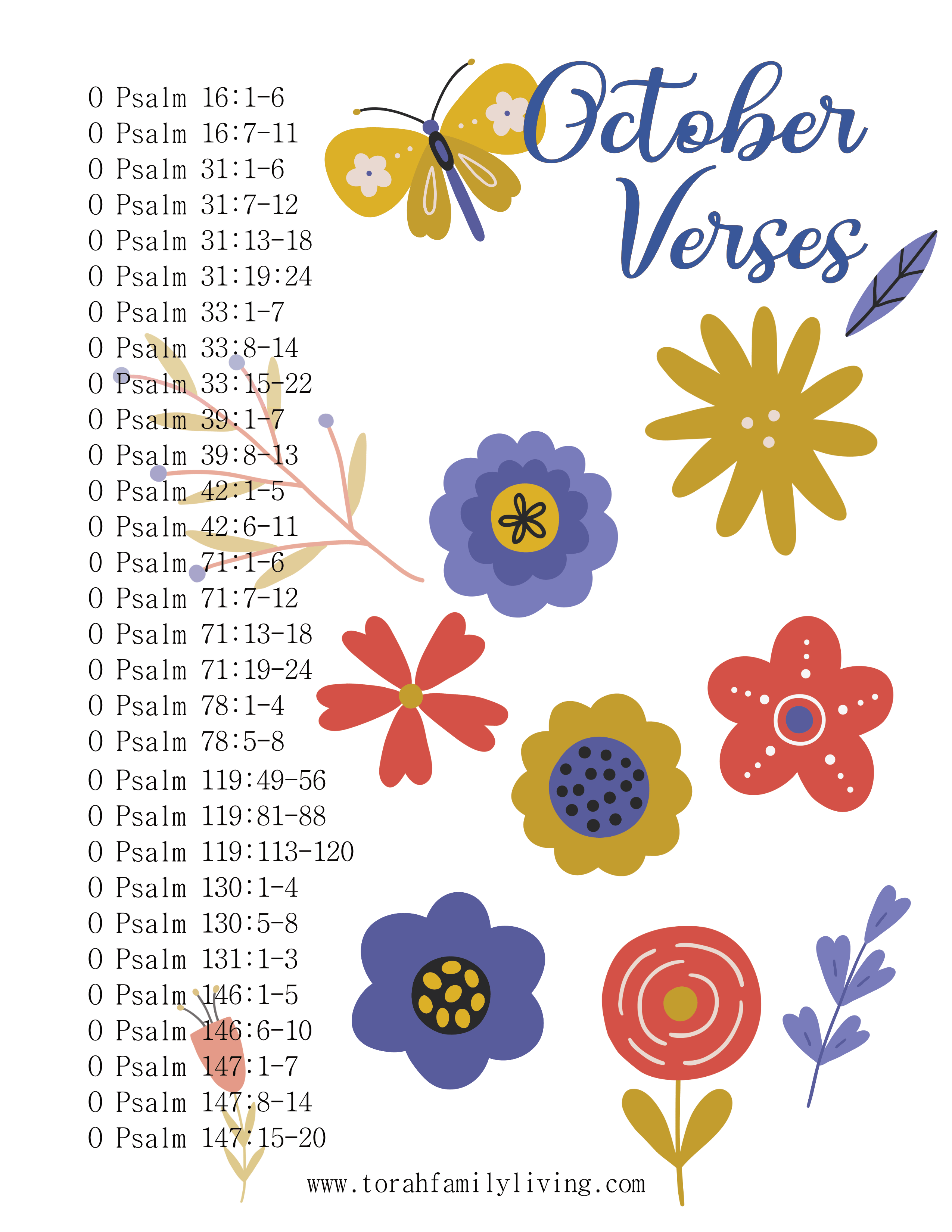Sometimes, we overthink things, and as a result, we can avoid what we think is too hard. When we homeschool our children, some subjects might scare or intimidate us. Writing can be one of those subjects, for two reasons. If you aren’t a great writer or speller, you may feel like you can’t teach your children well. In my case, my ability to write actually can get in the way because my kids think writing has to be a full time gig. I decided to just return to basics to make sure my children can write well enough to communicate, but not feel overwhelmed by needing to be good enough to publish.
The easiest way to learn how to write is to write.
We learn by doing, plain and simple. My 13 year old son could not seem to learn how to ride a bike. I spent several summers trying to teach him. I held the seat of the bike while he tried to pedal and keep the bike upright. It just wasn’t happening. But last summer, he decided he was going to learn how to ride a bike. He spent hours outside every day for a week. At the end of that week, he was riding up and down our very long driveway. We learn by doing.

Motivation is critical to effective learning.
My son decided that he was ready to learn to ride a bike and he made it happen. We can use the strength of motivation in learning to write by giving our children freedom to write what they want. If they have a story in their mind, or an interest in a particular topic, like lizards, we can use that to encourage writing.
Rather than using specific writing assignments designed to teach writing mechanics, simply have your children write something every day. They can write a story. They can write facts about a topic that interests them. They can write a letter to a friend or relative. They can write about something that really fires them up. The subject matter can and should directly interest them. This gives us the motivation.
Take their age and abilities into account. A young child may only be able to write one sentence. An older student could easily handle an entire page. Writing by hand is my first choice, but using a computer can also be beneficial. Typing practice is always awesome. Any vision issues can also be helped by increasing the font size for them.
Let their writing dictate your teaching.
In my experience helping my children with their writing, I teach only one thing at a time, and I pull it directly from their writing. For example, my son is writing an adventure story. He had a lot of dialogue and did not know how to show who was talking. So, for a few days, we just focused on the proper use of quotation marks. We wrote out example sentences that he could use as a guide when he was writing his story. After a few days, he was fairly consistent in getting the quotes right. A younger child might need to be reminded that a sentence always begins with a capital letter. It can be frustrating as the teacher, but I encourage you to overlook other mistakes and only focus on one thing at a time. I will let my children know that there were other issues, but that I just want them to learn contractions right now. Then, we can go back and address the misspelled words.

How does this look in practice?
- Have your child write every day, regardless of whether you have time to check it.
- Let them have at least some say in what they write about. If you want their writing to be more focused for the most part, let them have free writing one or two times a week.
- Check their writing. You don’t have to do it every day, but you do want to keep on top of it.
- Try to determine the most glaring mistake that they are making. If they have one big sentence that covers the page, it’s time to focus on creating shorter sentences and using proper “end of sentence” punctuation marks. If you are seeing spelling errors, have them copy their misspelled words at least 3 times each in a notebook. They can use their spelling notebook for future reference.
- Revisit previous writing once the more glaring mistakes have been corrected.
- Have them copy their writing with the mistakes corrected, ie a clean copy. This does not need to be done for every day’s writing, but should definitely be done for their better work.
- Teach them how to use reference tools, such as a dictionary, thesaurus, writing guide, etc.
Recommended Resources
These books and resources will be helpful as you teach your children how to communicate well through writing. Some are affiliate links.
- Writers Inc
- Webster’s 1828 dictionary
- The Three R’s by Ruth Beechick
- Copywork books are great practice alongside or leading up to independent writing. You can find all my copywork books here.
- Torah in Writing – several writing prompts for each Torah portion to give your children ideas on what to write – coming shortly in paperback. (currently available as part of Torah Learning Made Simple)















You must be logged in to post a comment.